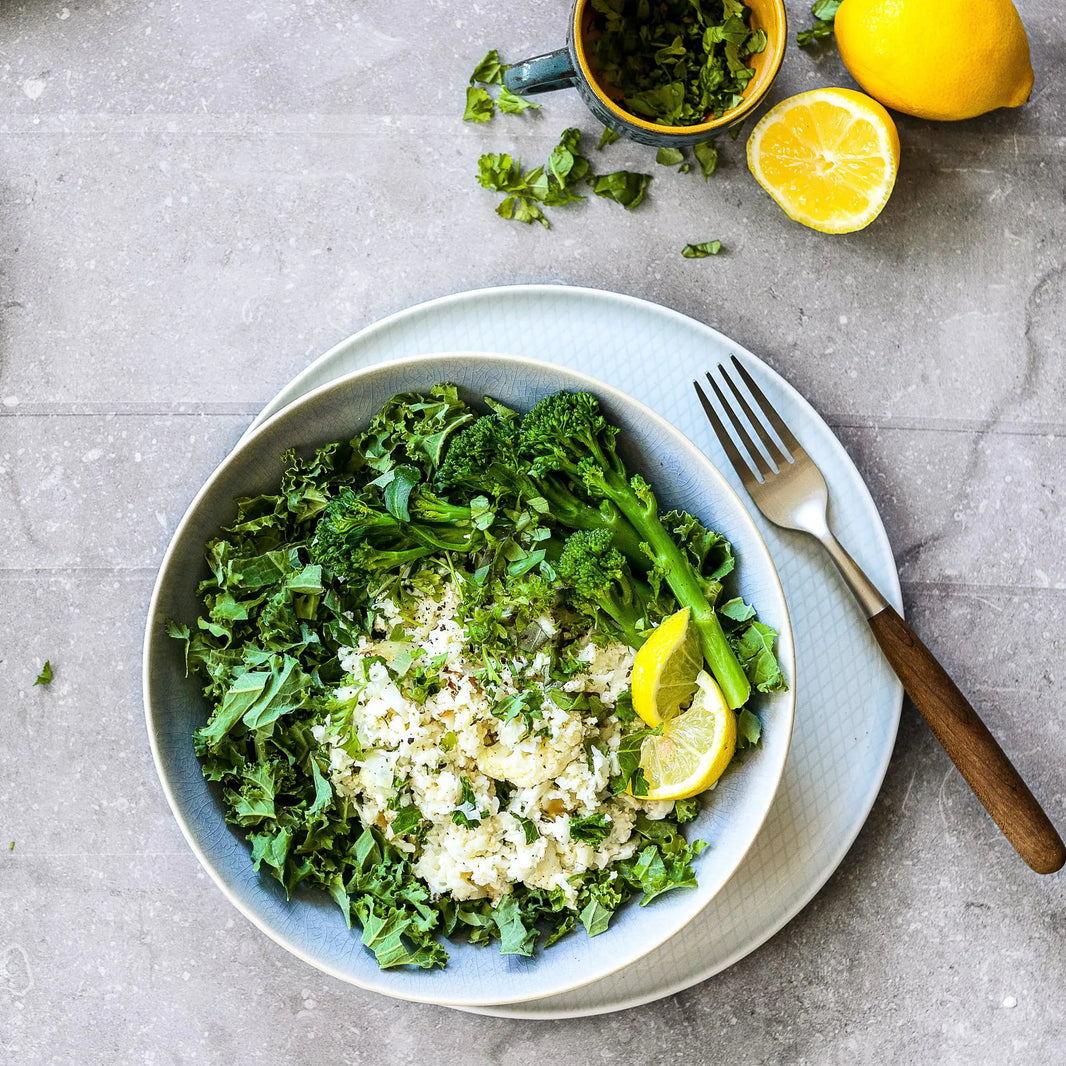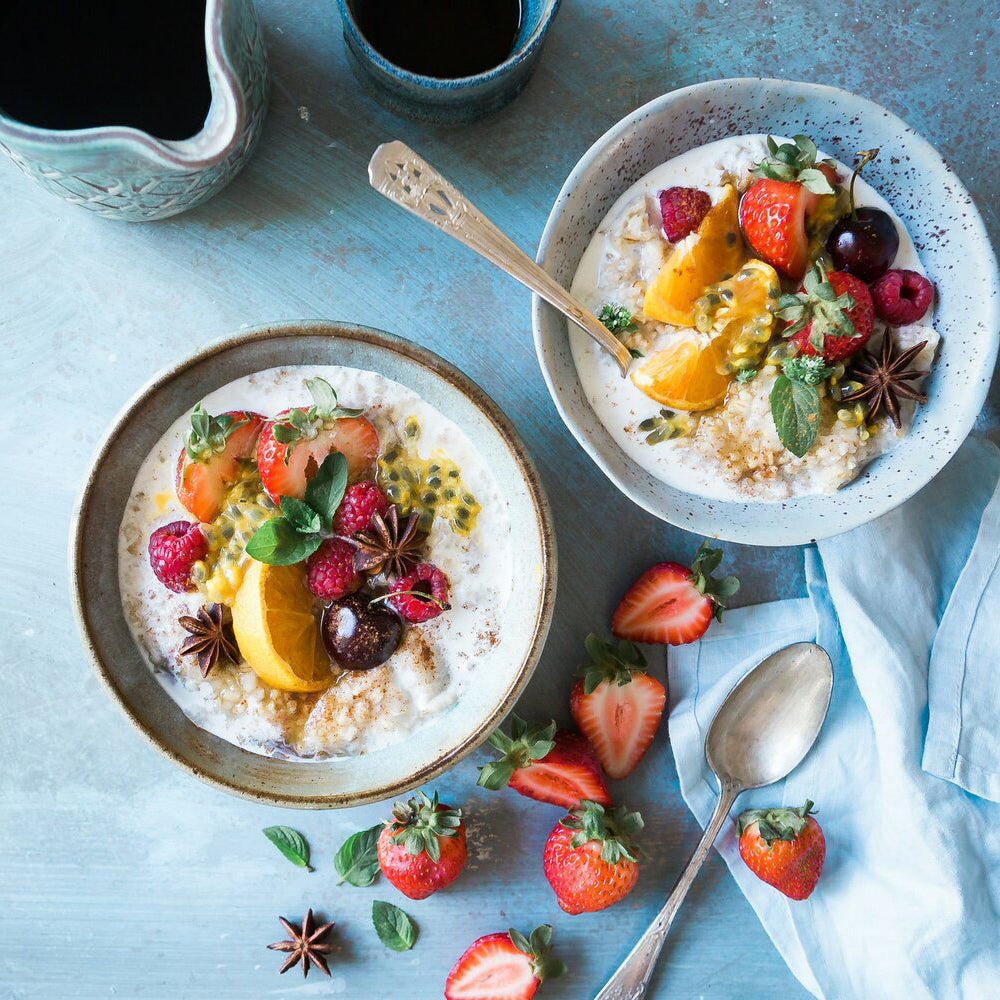By Carly Wertheim, MS, CNS:
Pregnancy cravings can tell you a lot when you pay attention. In fact, they are important signals from your body to listen to and meet with intention. Here are five common pregnancy cravings and an associated nutrient your body may be needing.
Dairy = Iodine
While it’s widely known dairy is rich with calcium, few people know this craving could also mean a need for more iodine. During pregnancy, iodine supports parental and fetal production of thyroid hormones and fetal brain development. Dairy is great source of iodine, and, if you rarely eat seafood or seaweed, may be the food group offering the most iodine in your diet. If you find yourself really craving milk, yogurt, ice cream, and other dairy foods, also consider adding in low-mercury seafood or seaweed two-three times a week.
Salty Snacks = Sodium
Sodium helps to keep your increasing blood volume and body’s fluids in balance during pregnancy. While salty, crunchy snacks will satisfy your need for more sodium, they often come with ingredients like refined oils that you want to minimize, and don’t offer much nutrition. Try adding in in lacto-fermented pickles or sauerkraut (the refrigerated, not shelf-stable ones), and you’ll get the sodium plus the additional boost of probiotics to nourish your gut and vaginal microbiome.
Ice = Iron
Iron is needed to make blood that supplies your body and baby with oxygen. Low iron can lead to fatigue, shortness of breath, and, sometimes, the desire to crunch on ice, or other non-nutritive foods like paper, clay, or soil. This craving is super important to listen to, and means you’d benefit from checking your iron levels and increasing iron-rich foods. Eat lean cuts of beef and lamb, dark-meat poultry, cooked oysters and mussels, and eggs, as well as dark leafy greens, legumes, and dried figs.
Sugary Sweets = Protein
Protein is one of the keys to blood sugar balance. This nutrient slows the digestion and absorption of carbohydrates to help maintain steady glucose supply to your cells. If your prenatal diet is lacking in protein, you may find yourself continuously hungry and unsatiated. Because sweets are a quick fix for low blood sugar, it’s common to crave dessert foods when there’s not enough of this important macronutrient. Aim to eat 30 grams protein at breakfast and a total of 1.2 grams protein per kilogram in your first half of pregnancy and 1.5 grams protein per kilogram in your second half of pregnancy. (Use your pre-pregnancy body weight for these calculations.)
Fruit = Vitamin C
During pregnancy, vitamin C is important for the production of collagen, absorption of iron, and function of the immune system, with deficiency thought to increase the risk of preeclampsia and miscarriage. Kiwis, strawberries, oranges and other fruit are all great sources of vitamin C, but this nutrient can also be found in vegetables like broccoli, bell peppers, and sweet potato. When eating fruit, try pairing it with a protein and fat food like yogurt or nuts to help with blood sugar balance.
In the Momday Nutrition Course, we take the guess-work out of nutrition for pregnancy and teach you how to eat for optimal health and baby’s development. There’s a whole module called Intuitive Eating, Body Talk, and Cravings, with an educational video, interactive worksheet, and additional handout, to uncover more of the ways the body communicates during pregnancy.








